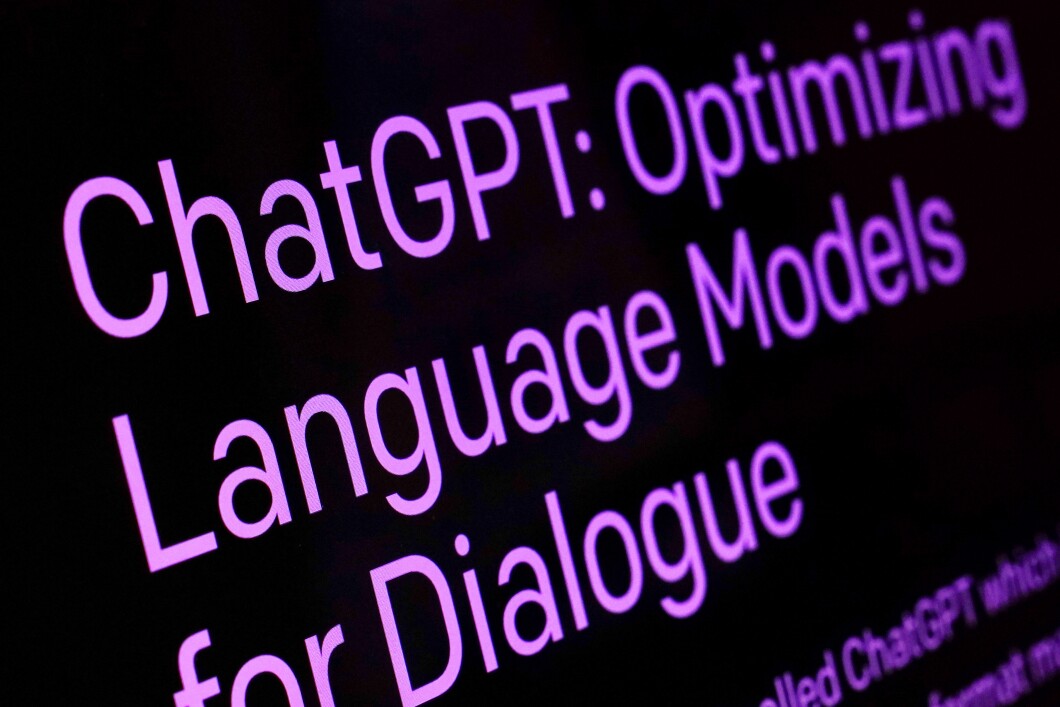
A company that was foiled by “threats from State Bar prosecutors” for its plans to use an artificial intelligence chatbot to advise a defendant in traffic court earlier this year is being sued by a top class-action firm that says the company is practicing law without a license.
Chicago-based law firm Edelson wrote in a proposed class action that the San Francisco-based DoNotPay is “not actually a robot, a lawyer, nor a law firm,” according to a 12-page March 3 filing in the San Francisco County Superior Court.
AI BLOCKED FROM FIRST COURT DATE AFTER THREATS FROM ‘MULTIPLE’ BAR ASSOCIATIONS

Edelson filed the case on behalf of California resident Jonathan Faridian, who said he used DoNotPay to draft demand letters, limited liability company operating agreements, and a small claims court filing and got “substandard and poorly done” results. The plaintiffs allege the service has ultimately caused problems for its customers, citing two instances in which DoNotPay’s functions failed its clients.
“One customer, who posted an online review, used DoNotPay’s legal services to dispute two parking tickets. According to his account, his fines actually increased because DoNotPay failed to respond to the ticket summons. The customer then canceled his account, but DoNotPay continued to charge a subscription fee,” the plaintiffs say in the complaint.
DoNotPay CEO Joshua Browder shot back in a Twitter thread addressing the complaint Thursday, arguing the claims lack “merit” and Faridian has “dozens of successful consumer rights cases with DoNotPay.”
Bad news! Jay Edelson, America’s richest class action lawyer, is suing my startup @DoNotPay in California. Mr Edelson, who has made billions suing companies, is attacking us for “unauthorized practice of law” and seeking a court order ending any A.I product.
Here’s my response: pic.twitter.com/6PvFVW65rB
— Joshua Browder (@jbrowder1) March 9, 2023
Browder also claimed the firm’s founder, Jay Edelson, “inspired me to start DoNotPay,” accusing Edelson and lawyers who engage in similar practices of enriching themselves through class actions with minor benefits to consumers.
Hopes for using generative AI tools to apply to tasks such as legal work rose with the public introduction of OpenAI’s ChatGPT and other similar tools in recent months. DoNotPay landed its name on a litany of major news publications earlier this year when Browder said on Twitter that his company planned to use the “world’s first robot lawyer” to advise a defendant in traffic court.
But following widespread criticism for his planned application of the AI software, he later tweeted that he had received “threats from State Bar prosecutors” and DoNotPay would postpone its traffic court case.
While Browder’s company ultimately wasn’t able to use its technology in traffic court, he vowed Thursday to defend against the complaint and went so far as to claim, “We may even use our robot lawyer in the case.”
CLICK HERE TO READ MORE FROM THE WASHINGTON EXAMINER
But that might be a tough sell for the judge, as the lawsuit, Faridian v. DoNotPay, accused the company of violating California’s unfair competition law by engaging in the unauthorized practice of law.
The plaintiffs seek a court order declaring the company conduct unlawful and unspecified damages.






